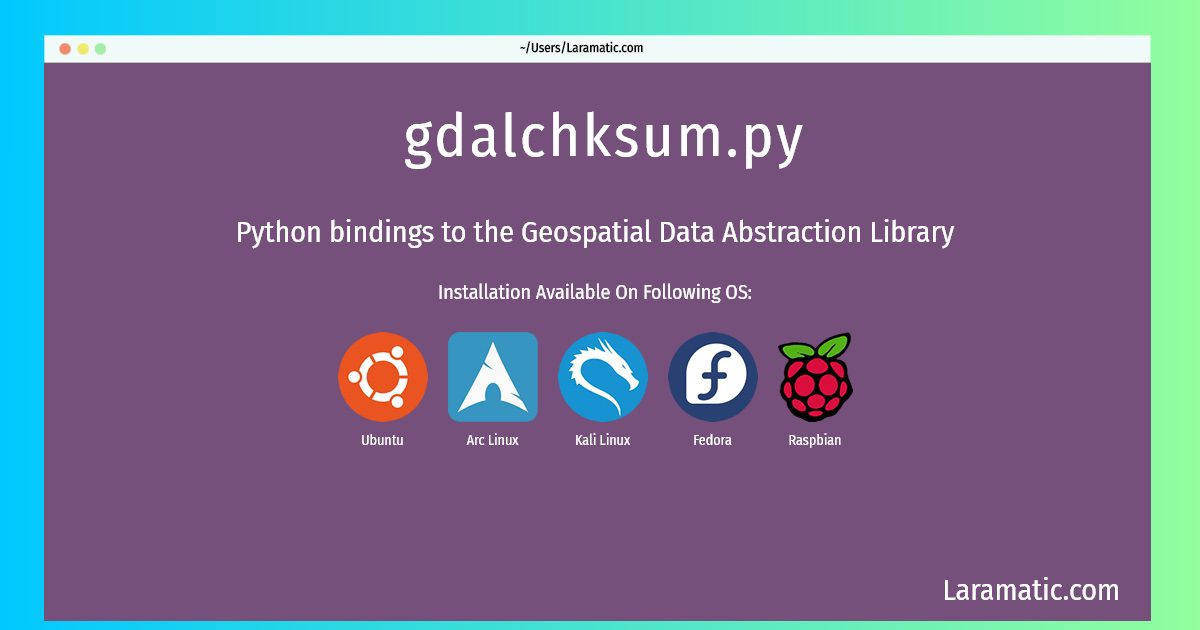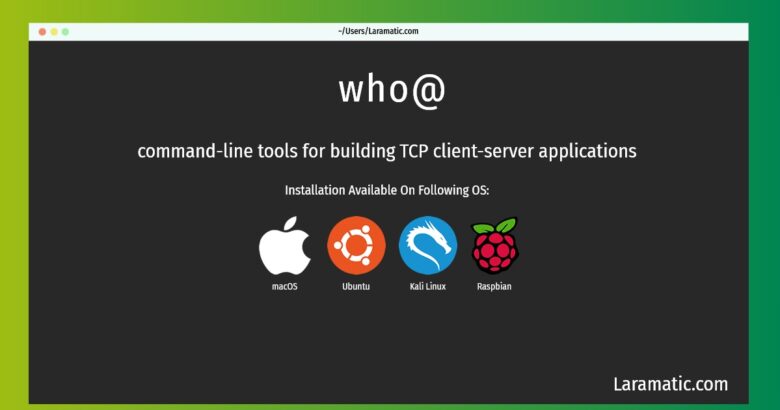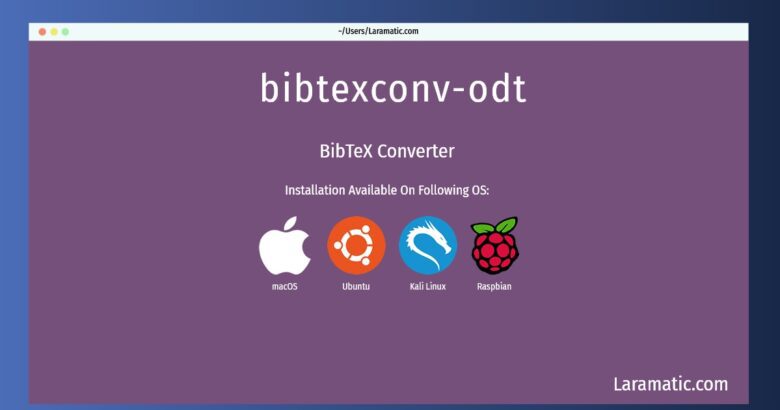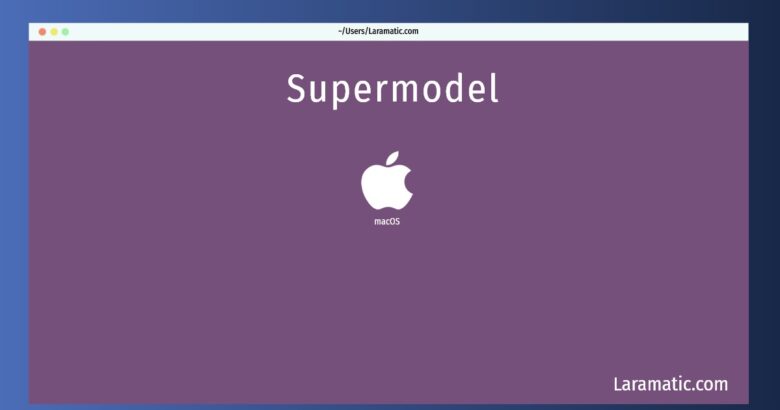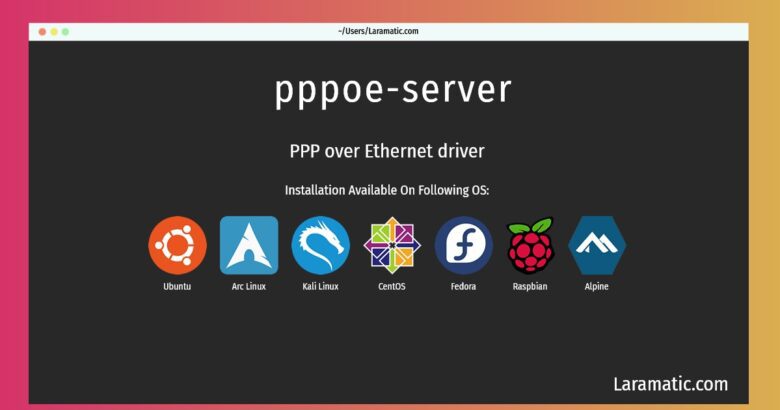How To Install Gdalchksum.py On Debian, Ubuntu, Arch, Kali, Fedora And Raspbian?
Install gdalchksum.py
-
Debian
apt-get install python-gdalClick to copy -
Ubuntu
apt-get install python-gdalClick to copy -
Arch Linux
pacman -S python-gdalClick to copy -
Kali Linux
apt-get install python-gdalClick to copy -
Fedora
dnf install gdal-python-toolsClick to copy -
Raspbian
apt-get install python-gdalClick to copy
python-gdal
Python bindings to the Geospatial Data Abstraction LibraryGDAL is a translator library for raster geospatial data formats. As a library, it presents a single abstract data model to the calling application for all supported formats. The related OGR library (which lives within the GDAL source tree) provides a similar capability for simple features vector data. GDAL supports 40+ popular data formats, including commonly used ones (GeoTIFF, JPEG, PNG and more) as well as the ones used in GIS and remote sensing software packages (ERDAS Imagine, ESRI Arc/Info, ENVI, PCI Geomatics). Also supported many remote sensing and scientific data distribution formats such as HDF, EOS FAST, NOAA L1B, NetCDF, FITS. OGR library supports popular vector formats like ESRI Shapefile, TIGER data, S57, MapInfo File, DGN, GML and more. This package contains Python bindings for GDAL/OGR library and a set of additional command line tools.
python2-gdal
The GDAL Python modules provide support to handle multiple GISfile formats. The package also includes a couple of useful utilities in Python.

